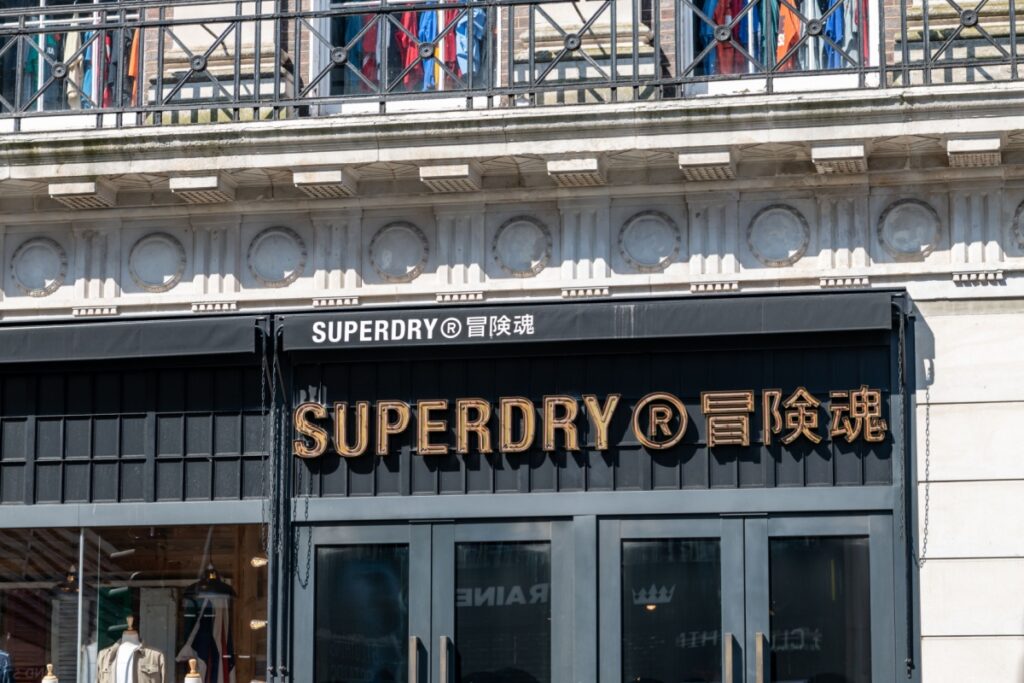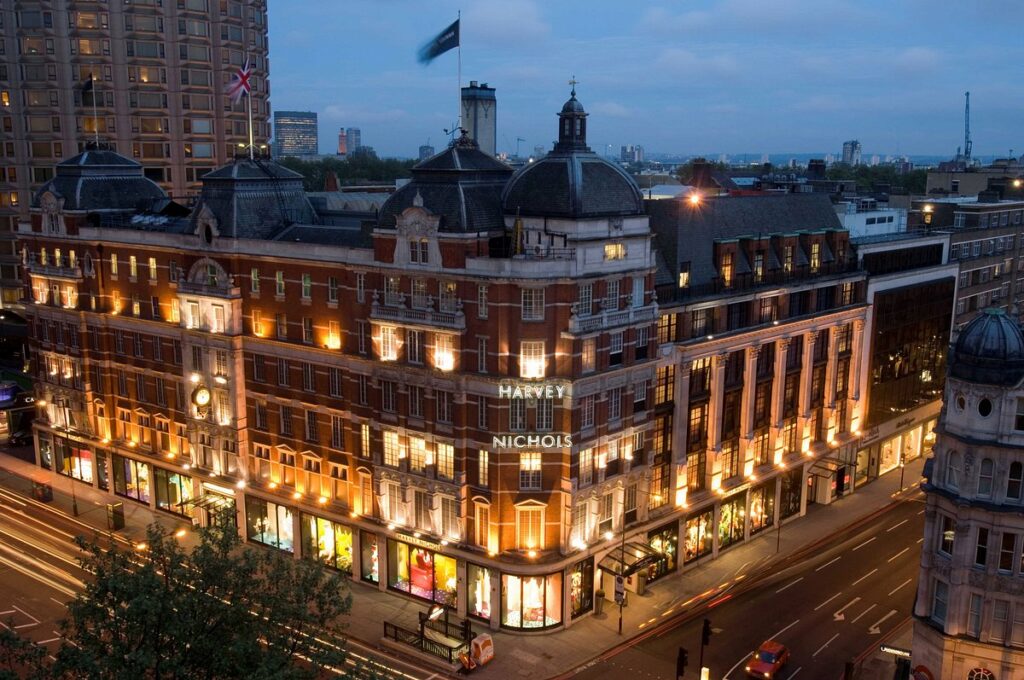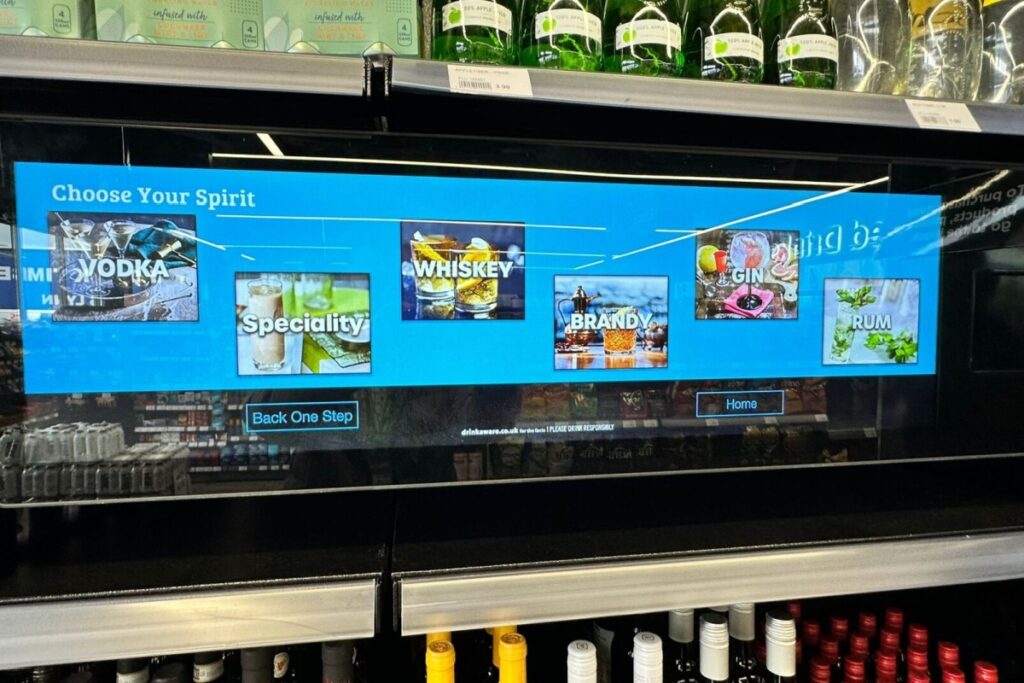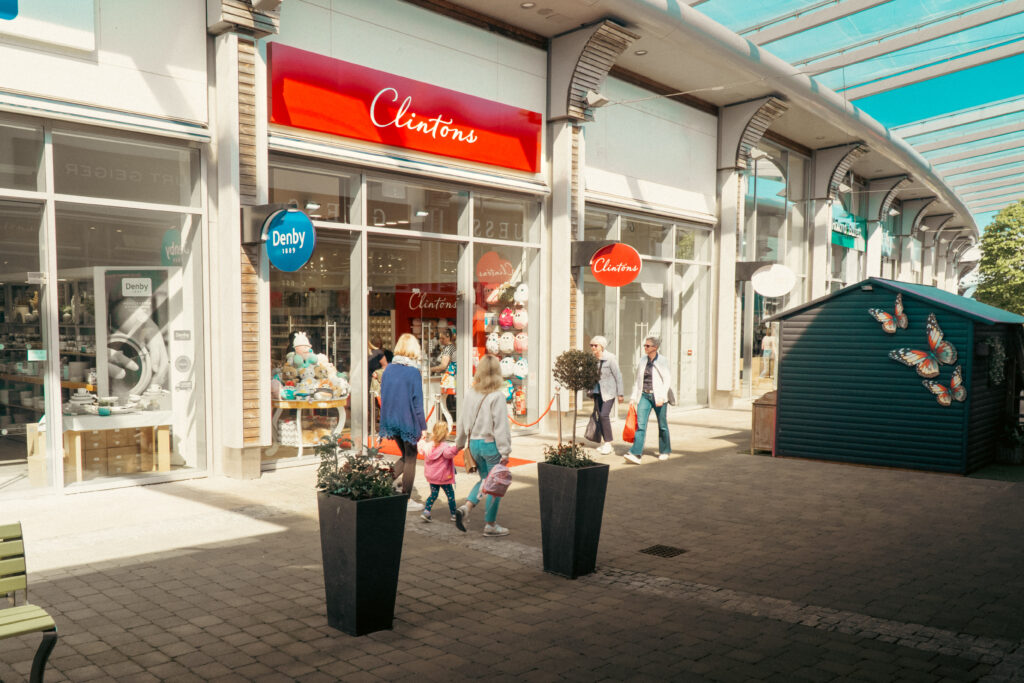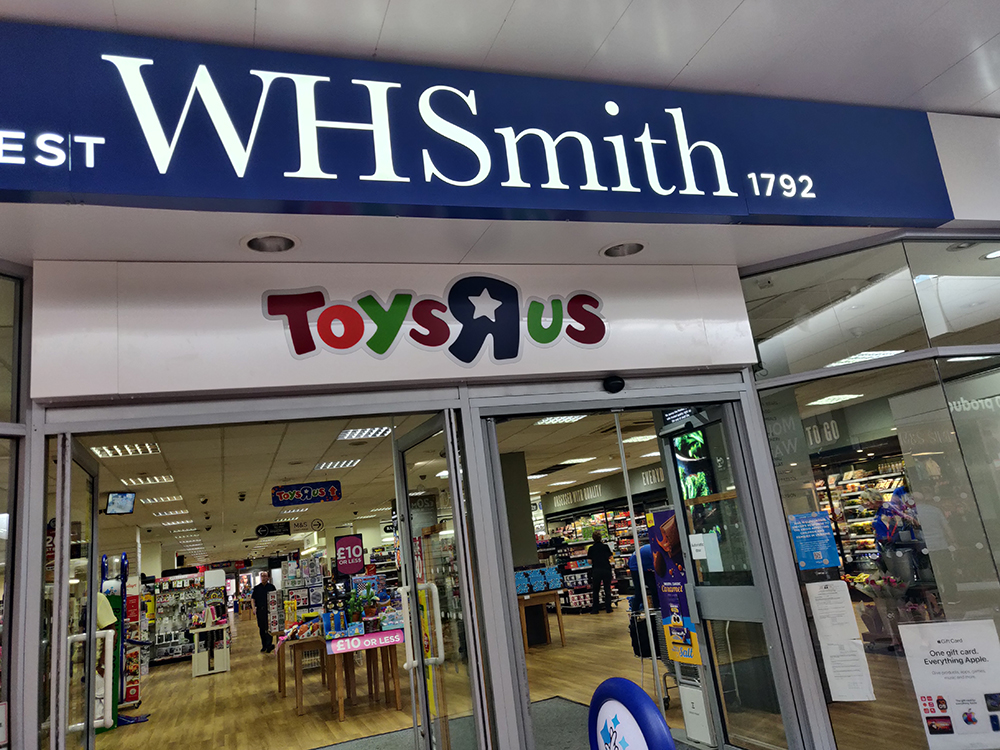I have the pleasure of speaking at Retail Gazette’s Sustainability Debate in London today, which provides me with the opportunity to talk about why, now more than ever, it’s imperative we remember that brands alone can’t fix the problem.
Fashion products themselves are, relatively speaking, low tech but the industry itself has never shied away from utilising new innovations to improve business processes.
The introduction of new aircrafts and fax machines, for example, enabled buyers to travel and source from further away, and companies to communicate more efficiently on a daily basis.
More importantly, the changes enabled production companies to launch production lines in remote areas, and these producers transitioned into brands or service companies.
It didn’t take long for this shift to hit the Far East. In the late 90s’, production companies in Jakarta, Shanghai and Hong Kong became service businesses with their factories established in China and Indonesia, while others were created in Bangladesh, Mynamnar and Vietnam.
Eventually, these changes resulted in fashion becoming faster and cheaper until the working conditions in remote countries were exposed to the mainstream media. One of the biggest examples of this was the Rana Plaza disaster in 2013.
This was a crucial point for the industry, as laws and legislation weren’t in place to hold these companies accountable for social and environmental failures in their supply chains.
But businesses did slowly start to invest in social and ethical responsibilities. In the following years, technology continued to be leveraged to make fashion faster and cheaper, while also supporting design and product development, improve forecasting, and increase development cycles.
Unfortunately, as we all know, fast fashion came to market quicker and so more and more garments were turned into disposable items that ultimately ended up in landfills and waste-dumps throughout Africa and South America.
The reason for detailing all this is to stress that brands’ supply chains today are opaque.
Businesses market their branded products but they lack control over the sources of their different components. In other words: they mostly don’t know what happens in their supply chain, or what goes into the end products.
So, it’s not that brands don’t want to disclose transparent information to the public and to suite legislative mandates, but in some cases, they simply can’t share that data.
In other cases, brands need to retain sensitive information on their important materials and manufacturers since they are key differentiators that shape their overall position in the market, for example, in luxury fashion.
At K3, we have a wealth of expertise and industry experience that enables us to truly understand the challenges that brands face. We embed this expertise into the very fabric of our solutions (no pun intended) to ensure businesses can resolve their CSR and ESG challenges.
It’s actually an exciting time for us as we continue to develop our products for the Microsoft ecosystem, and we’re delighted to be working with the Cloud for Sustainability business – something that has achieved considerable success in the marketplace.
Our alignment with the UK and US Cloud for Sustainability teams means we’re able to get properly stuck into the solution, and we can’t wait to continue expanding our own offering.
Subscribe to Retail Gazette for free
Sign up here to get the latest news straight into your inbox each morning
Our dedicated Corporate Social Responsibility module, for example, supplies brands with CSR data on their raw materials and products that can be used to establish rules in our solutions.
What this enables them to do is block purchase orders from suppliers who do not meet their appropriate CSR requirements. In essence, brands are empowered to define specific CSR data to use when transacting with their suppliers.
To help with disclosing opaque supply chains, however, we have K3 ViJi, a supply chain traceability solution that enables greater control over ESG challenges.
This is achieved by brands onboarding their supplier network who then submit their certificates and documentation. We have direct alignments with certification bodies, which allows us to automatically validate the collected data.
In the end, this provides brands with real-time insight to better understand their supply chain weaknesses. From there, they can decide which action to take that best suits their ESG policies.
Together, our solutions provide a total package to ensure brands can stay on top of their sustainability and CSR challenges.
And that’s without mentioning our capabilities to support supply chain management, inventory and assortment planning, and everything else that we’ve built over our 30+ year history.
To sum up, the key point that we’re trying to hammer home is this: brands alone can’t fix the problem. Without solutions in place to navigate internal supply chain struggles, there isn’t much brands can do to suit legislative mandates.
And even then, there are only so many businesses in the supply chain that pay correctly, source ethically, and manufacture responsibly.
Brands can’t suddenly shift to only using suppliers and manufacturers that have been approved in line with CSR and ESG classifications because they’ll quickly find there isn’t enough capacity left available. If they did, prices would ramp up – though it would encourage or companies to become “approved”.
The real push for transparency, though, must encompass everyone from brands and suppliers through to consumers, who would have bite the bullet and accept higher prices. The onus is on everyone to solve the industry’s problems. It may take time, but we can start today.
This week, I’ll be joined by an illustrious set of speakers from businesses like Sainsbury’s, Harrods, and Pentland. I personally will be representing K3 as an expert in the sustainability Think Tank sessions and I can’t wait to delve more in this topic.
If you’d like to hear more about K3 and our solutions, please feel free to follow us on social media and check out our website.
About Tony
Tony has been with K3 for 16 years and currently serves as director – Global Microsoft Alliance, playing a crucial leadership role to elevate and accelerate K3’s partnership with the Microsoft leadership and stakeholders across Microsoft Industry Cloud for Retail.
As the resident Microsoft and K3 evangelist, Tony professionally represents K3 to C-level audiences at customer, partner, and Microsoft engagements. If you’d like to speak with Tony, click here.
About K3
As a Microsoft Cloud for Retail launch partner, K3’s team of expert solution architects and developers support businesses in their mission to transform retail for good.
K3 builds market-redefining software capabilities and delivers future-leading strategies to promote digital adoption, sustainability, and optimised business processes in fashion, footwear and apparel.
K3’s concept-to-consumer software helps businesses of all sizes – from independent start-ups to global luxury brands – navigate intricate challenges, including ESG and CSR, complete with end-to-end visibility and traceability.
Click here to sign up to Retail Gazette‘s free daily email newsletter



